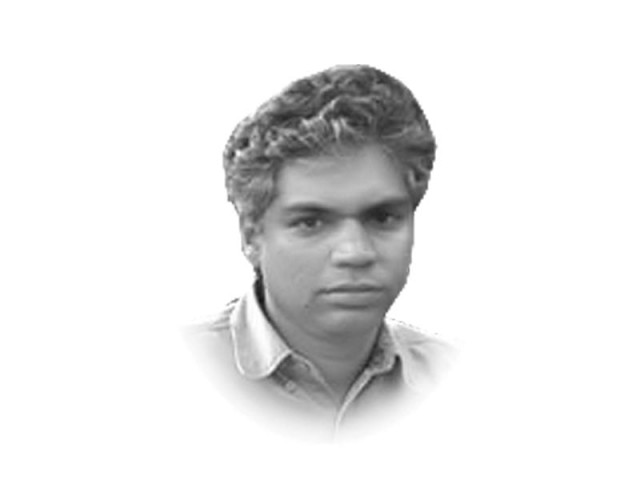Indian political heirs
Political class has gradually turned into virtual caste, most privileged & only challenged by their siblings, near kin

Indian political heirs
The time has come. As Manmohan Singh’s troubled government nears the end of its second term, the 42-year-old son of the Congress’s top leader, Sonia Gandhi, has now been formally declared the face of the party for the 2014 parliamentary elections. He has been appointed the head of the election coordination committee, which means he will eventually pick the candidates for the elections. As head of the Indian Youth Congress, too, Rahul Gandhi has had the opportunity to groom potential leaders of the Congress party’s next generation. So, his claims to inner party democracy are up for scrutiny.
The party itself is ready for change. In July this year, Union minister Salman Khurshid, possibly still smarting from the Congress drubbing in the Uttar Pradesh elections, lamented that the party had lost “ideological direction” and looked up to Rahul Gandhi to provide a “new ideology”. “Until now,” Mr Khurshid said, “we have only seen cameos of his thought and ideas like democratising elections to the Youth Congress. But he has not weaved all of this into a grand announcement. This is a period of waiting.”
Now that the waiting time has ended, it is to be seen whether the scion of the Congress party has it in him to articulate such an ideology. The start has not given any cause for comfort. At the mega rally to launch the new political campaign in New Delhi last month, Rahul Gandhi caused embarrassment to his own party members by strangely comparing the Opposition’s thwarting of the government’s new economic reforms to the Congress’s role as opposition party during the Kargil war. The Bharatiya Janata Party (BJP) ridiculed him; the Shiv Sena said he was not only a bachcha, but also kachcha (immature) in politics. Not a great ideological start.
But for all the contempt the opposition parties would want to display towards Rahul Gandhi, they have carefully avoided speaking about dynasty and nepotism in politics, the core issue of the crisis of leadership in Indian politics. This is because most of the parties, barring the Left and, to an extent, the BJP, are guilty of it — the Dravida parties in Tamil Nadu, the Janata Dal (Secular) in Karnataka, all the parties in Andhra Pradesh, the Biju Janata Dal in Orissa, the Shiv Sena in Maharashtra, all the way up to parties in Jammu and Kashmir.
The political class has gradually turned into a virtual Indian caste, the most privileged yet, and the only challenges that the inheritors may face are from their own siblings and near kin, as in the days of the mughals. Rahul Gandhi’s own experiment with inner party democracy in the Youth Congress will reveal its outcomes when he declares the candidates for the parliamentary polls. It is hard to believe that the best will be allowed to rise to the top.
Even in terms of ideology, now that every colour and hue of the spectrum has been tried in Indian politics, it has become difficult to find sharp lines of separation between the parties. It is completely possible for Karnataka’s disgruntled BJP leader BS Yeddyurappa to be welcomed into the Congress as it was for the former member of Rashtriya Swayam Sevak Sangh Shankar Singh Vaghela to be adopted by the Congress to fight Narendra Modi in Gujarat. The rhetoric of parties in opposition is abandoned during their stints in power. It seems they are in it together now.
Published in The Express Tribune, November 23rd, 2012.














COMMENTS
Comments are moderated and generally will be posted if they are on-topic and not abusive.
For more information, please see our Comments FAQ